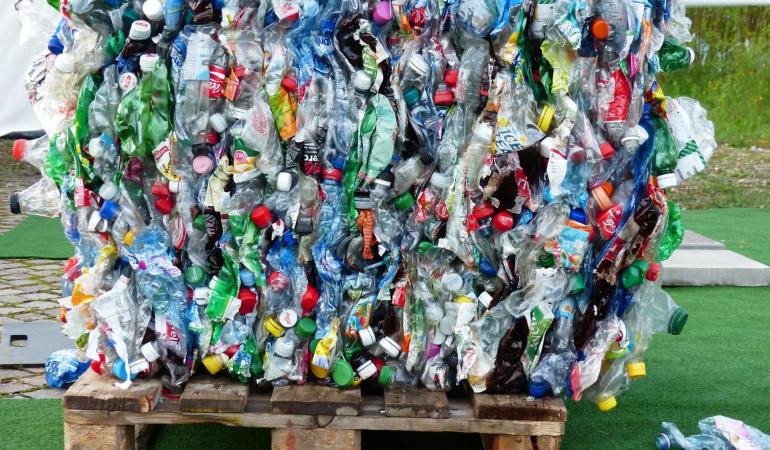
According to the National Institute for Public Health and the Environment (RIVM) there needs to be a greater (international) focus on, and increased awareness of, the safe recycling of waste. Reusing waste streams contributes to a circular economy and, in the process, sufficient attention needs to be paid to public health. The main focus is on waste containing substances of concern, from which RIVM has selected seven types for which improved recycling can directly lead to a greater and safer reuse of materials. Innovative recycling techniques (and their development) are also extremely important because these techniques ensure that substances of concern can be removed from waste more efficiently and quickly.
A great deal of information about substances of concern gets lost in the waste processing chain. Recycling is often difficult because waste processors often do not know which substances of concern the waste contains. Financial incentives to sell the waste also appear to weigh more heavily than safety. In addition to this, waste is processed via numerous links involving a variety of (European) parties. It is therefore essential to share knowledge within the international chain, on the one hand to learn from each other and, on the other hand, to ensure proper coordination on issues such as safe recycling.
Seven 'promising' waste substances
RIVM has investigated for which types of waste containing substances of concern it is most worthwhile developing innovative recycling techniques. These are textiles, plastic and rubber, batteries, sewage sludge, construction and demolition waste, tyres and electronic equipment. The selection process involved an assessment of, among other things, the volume of the waste flow, the presence of substances of concern, the accompanying risks and the effort it takes to remove the substances of concern. The first three issues which RIVM is going to investigate in more detail are radiation in construction materials, cellulose recovery from waste water and chemical recycling of plastics.
A safe circular economy
In 2030 the use of raw materials must have been reduced by 50 percent. The Dutch government aims to have a circular economy in place by 2050. Among other things this means that there is no longer any waste and that products and materials are reused wherever possible. However, waste can contain substances of concern which are not allowed in new materials or products. Examples are hazardous chemical substances, medical residues or pathogenic substances. In order for waste to be reused safely, substances of concern must be removed from it as much as possible. RIVM is monitoring the health and quality of the living environment during the transition to a circular economy and is trying to contribute by sharing knowledge.